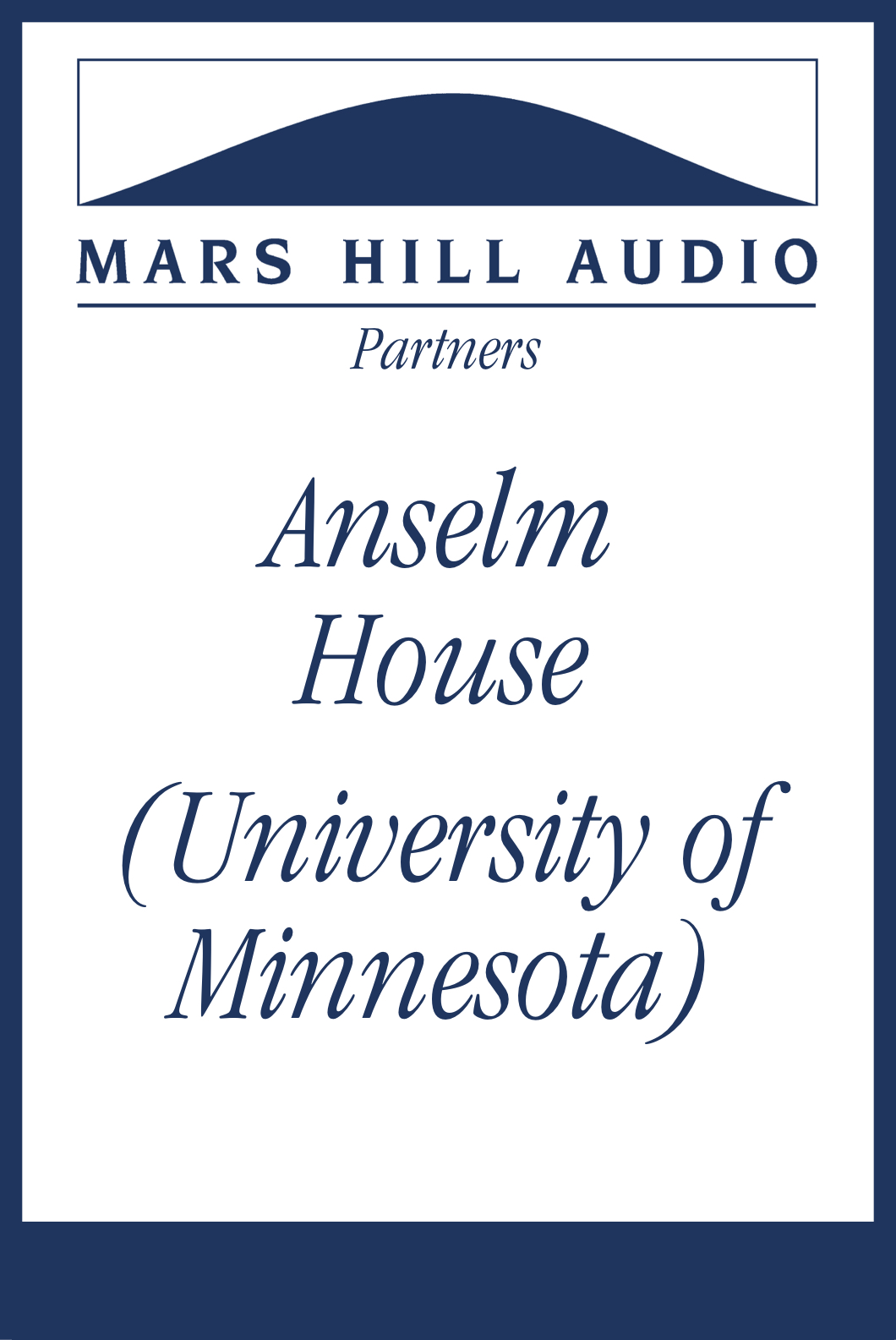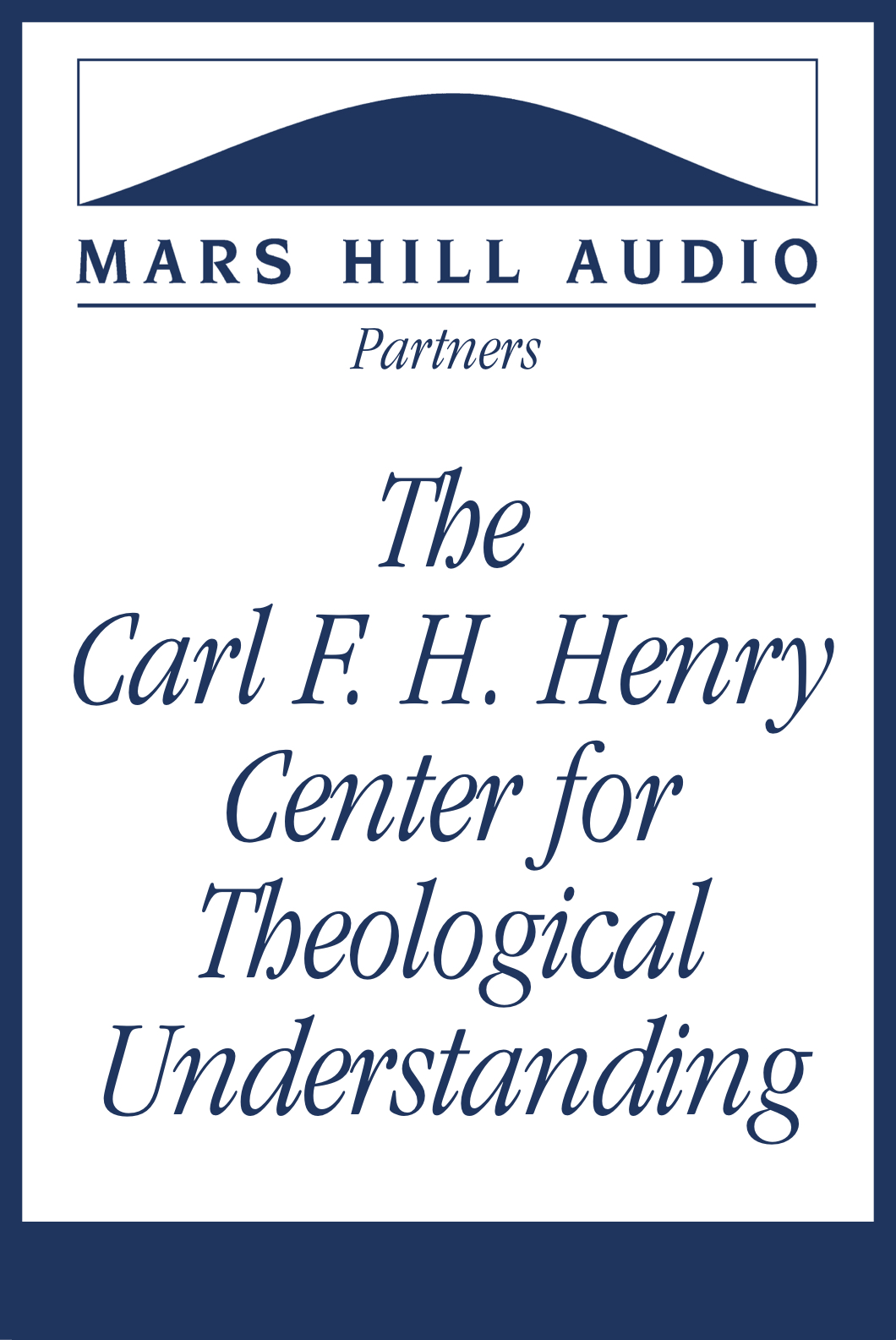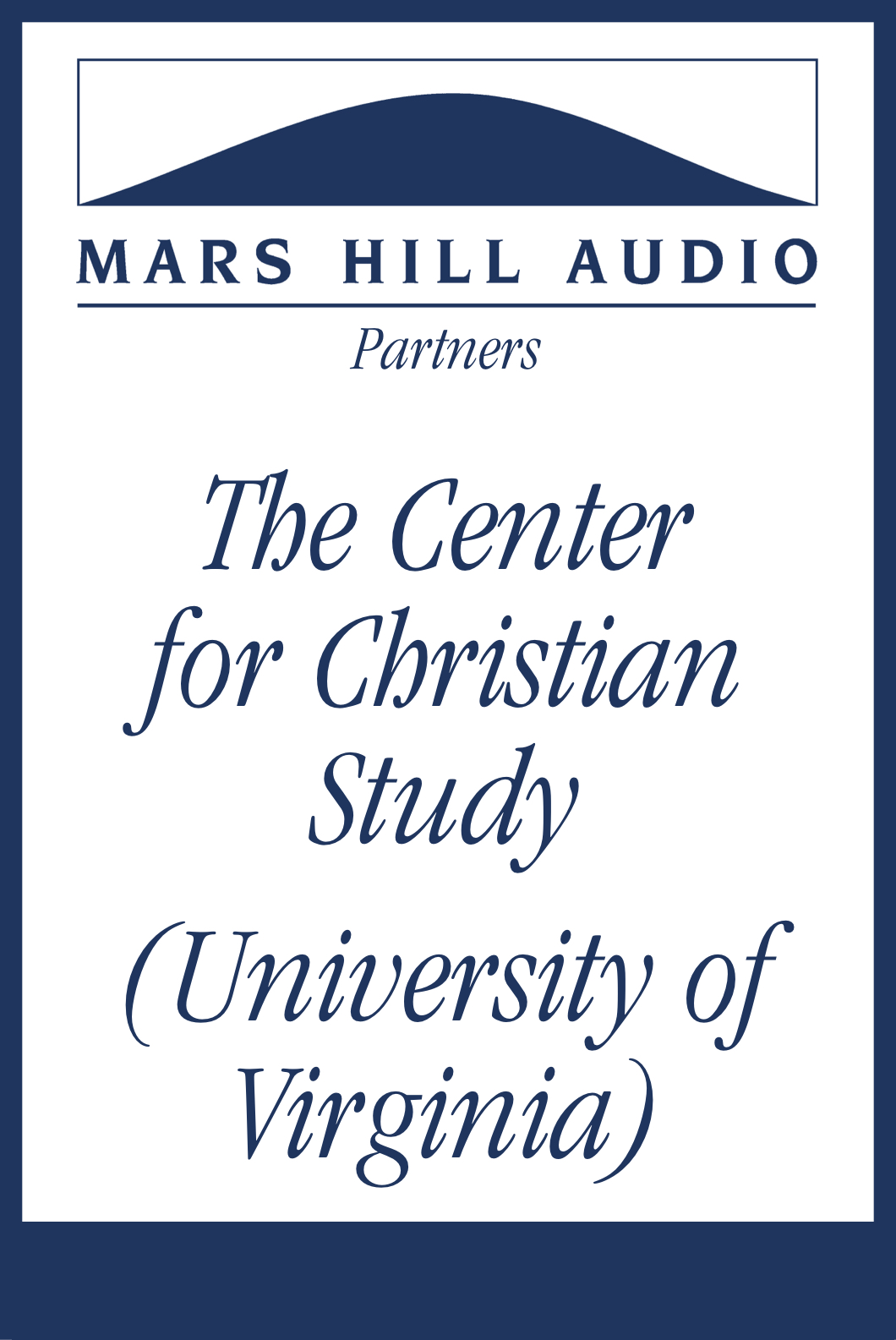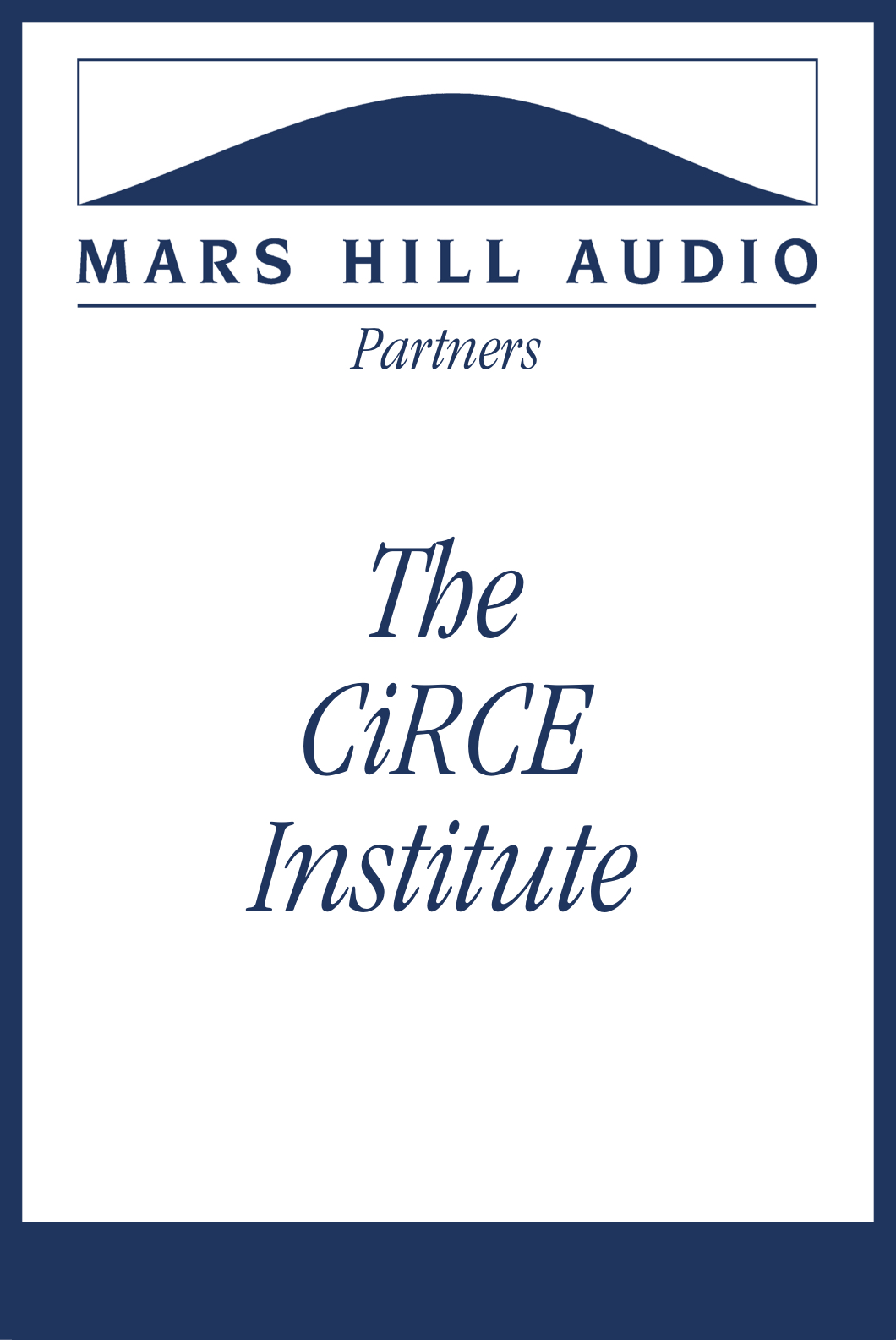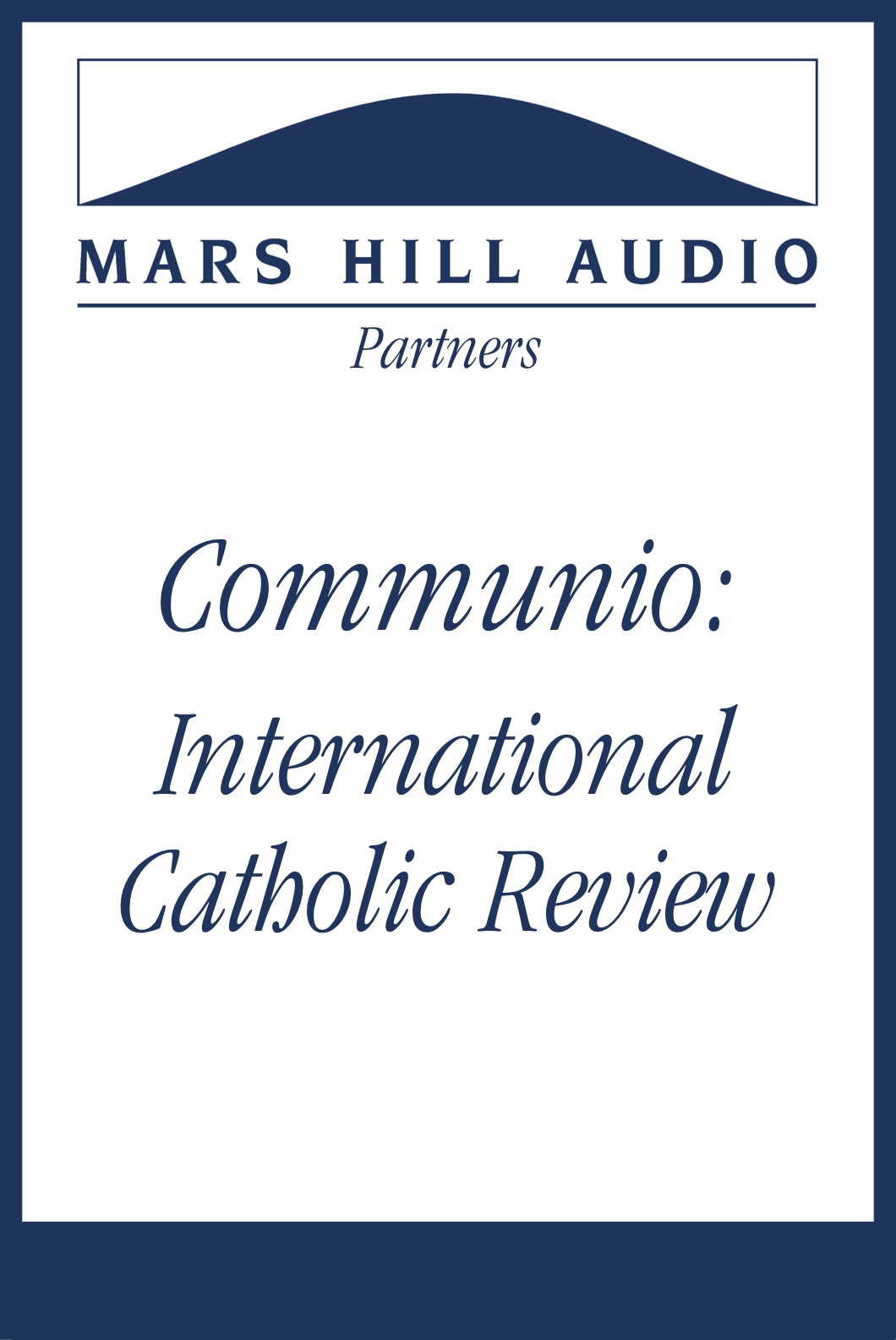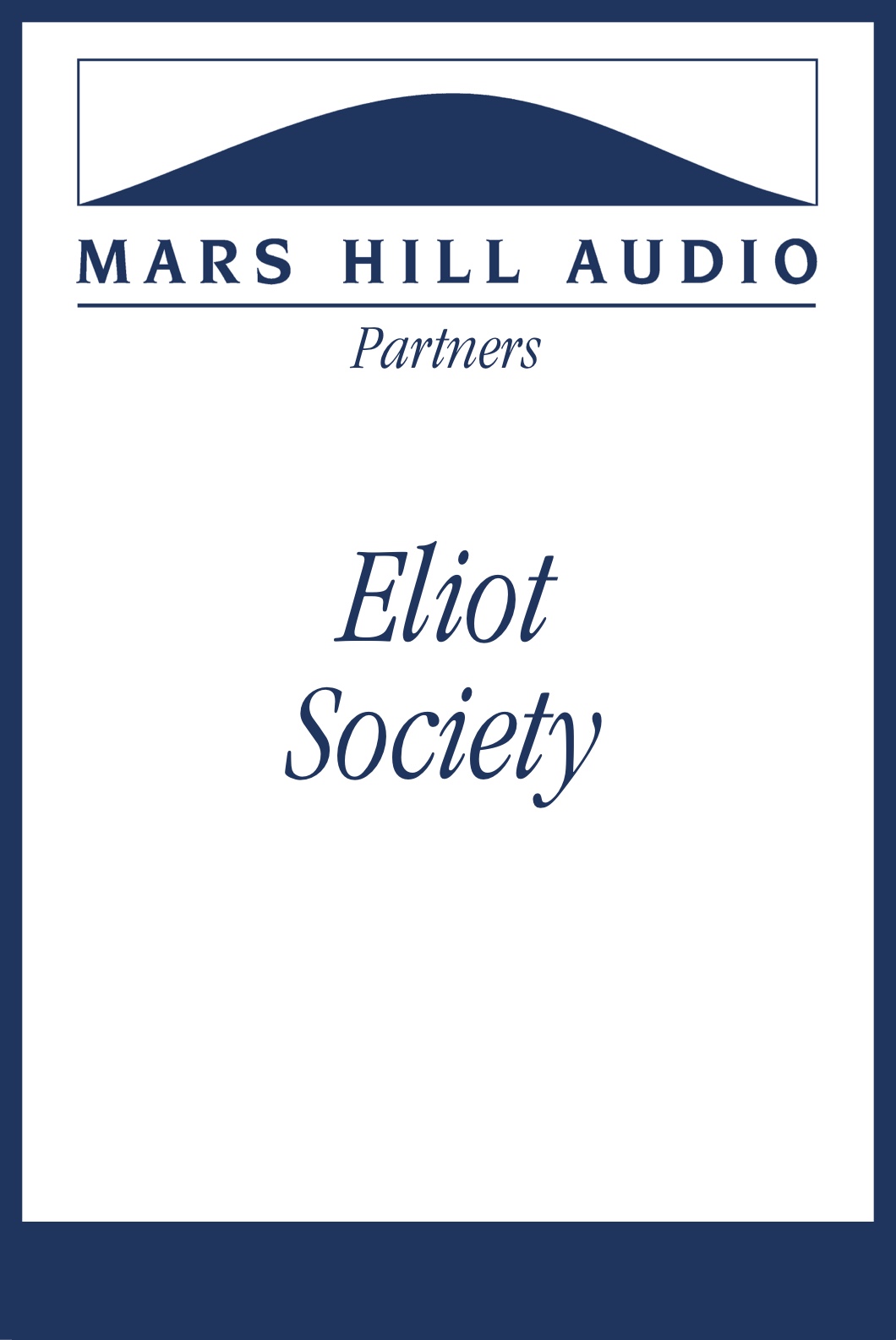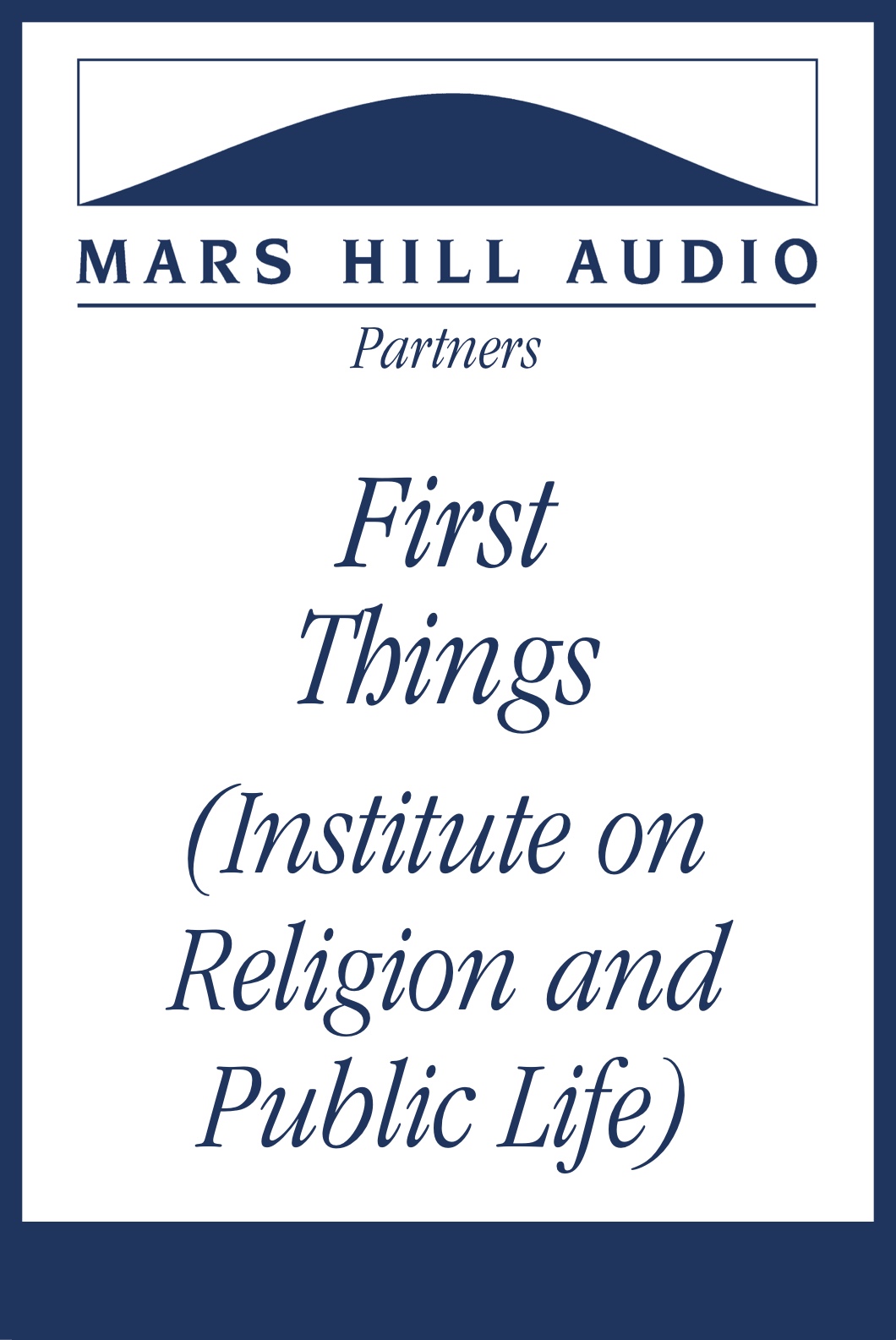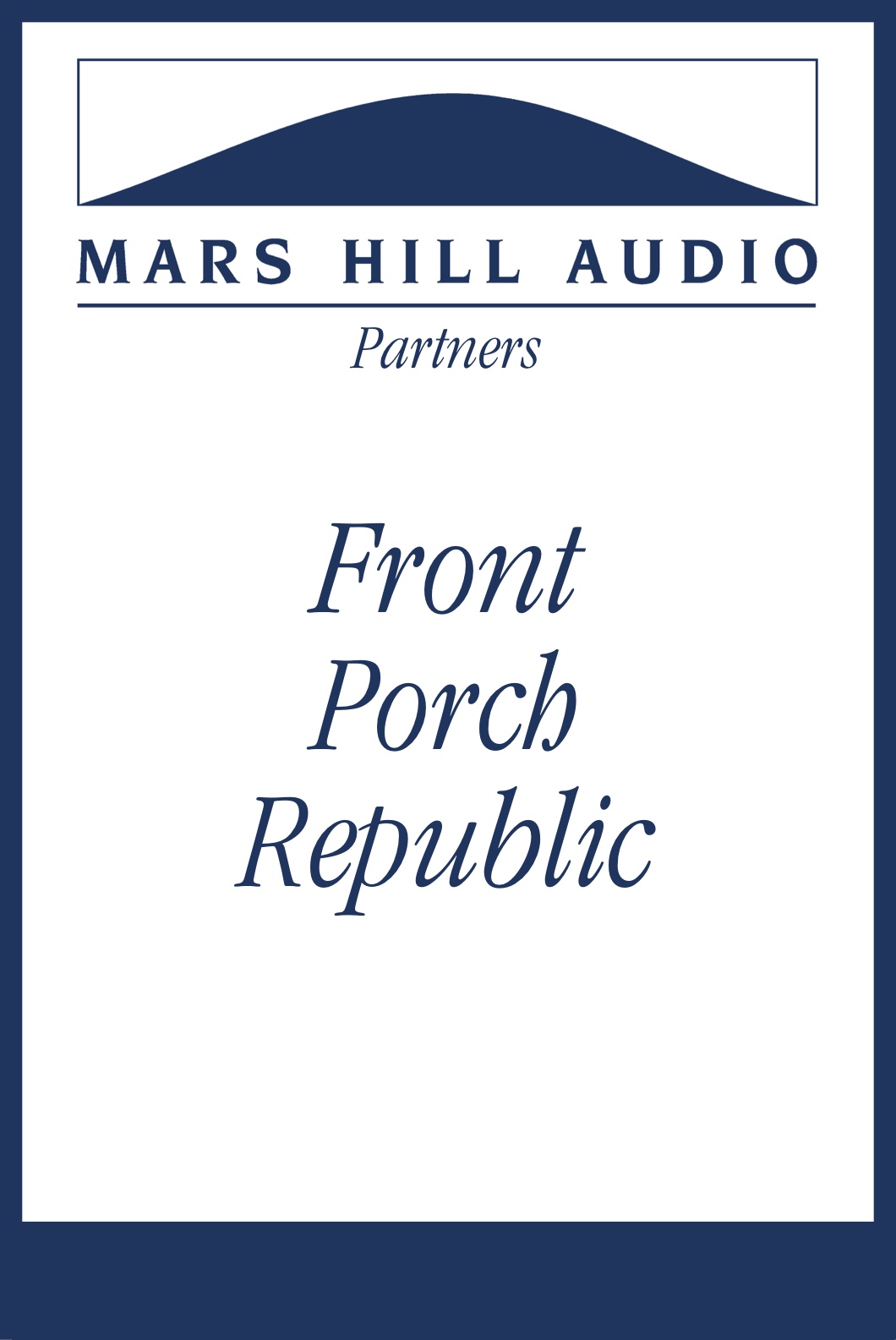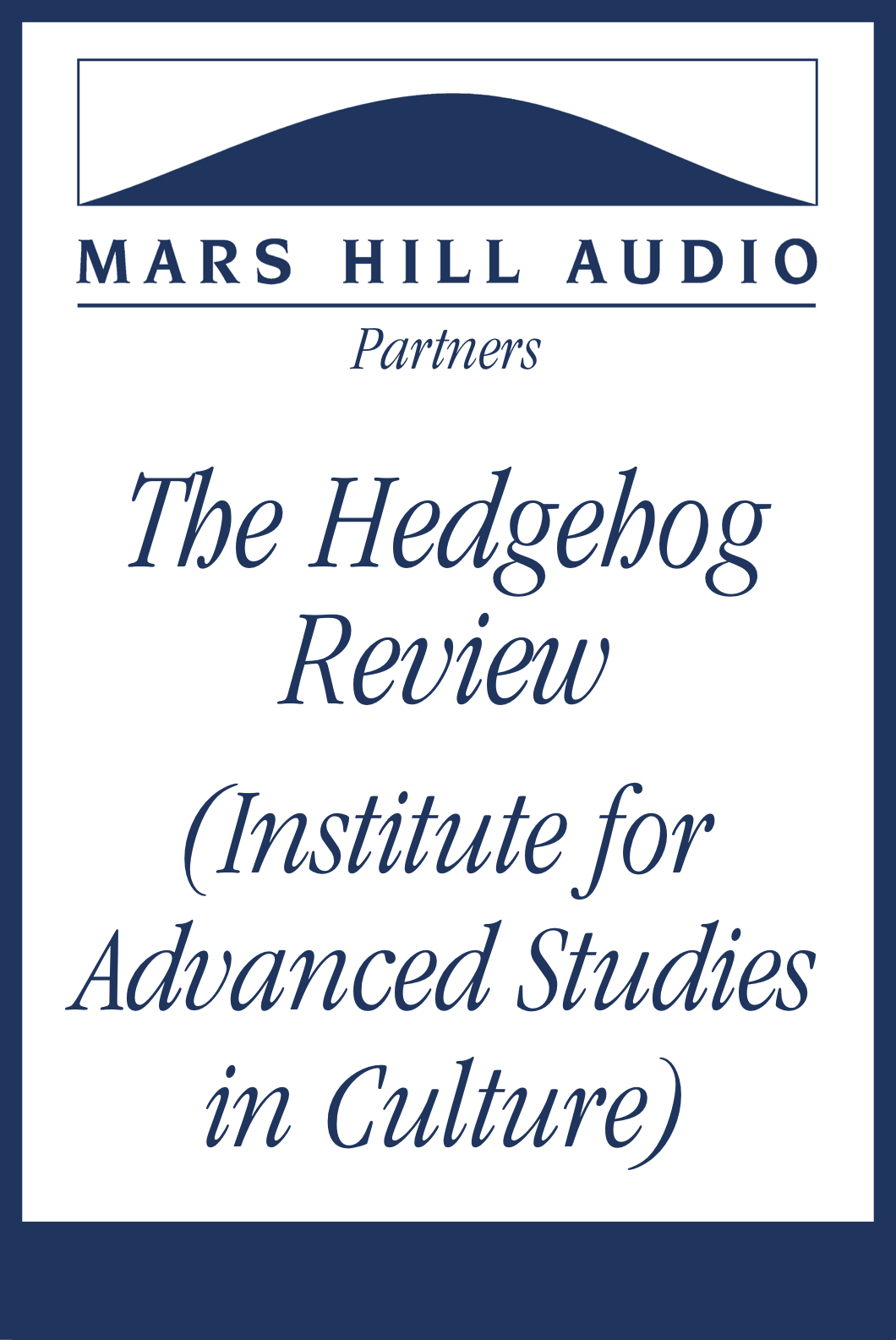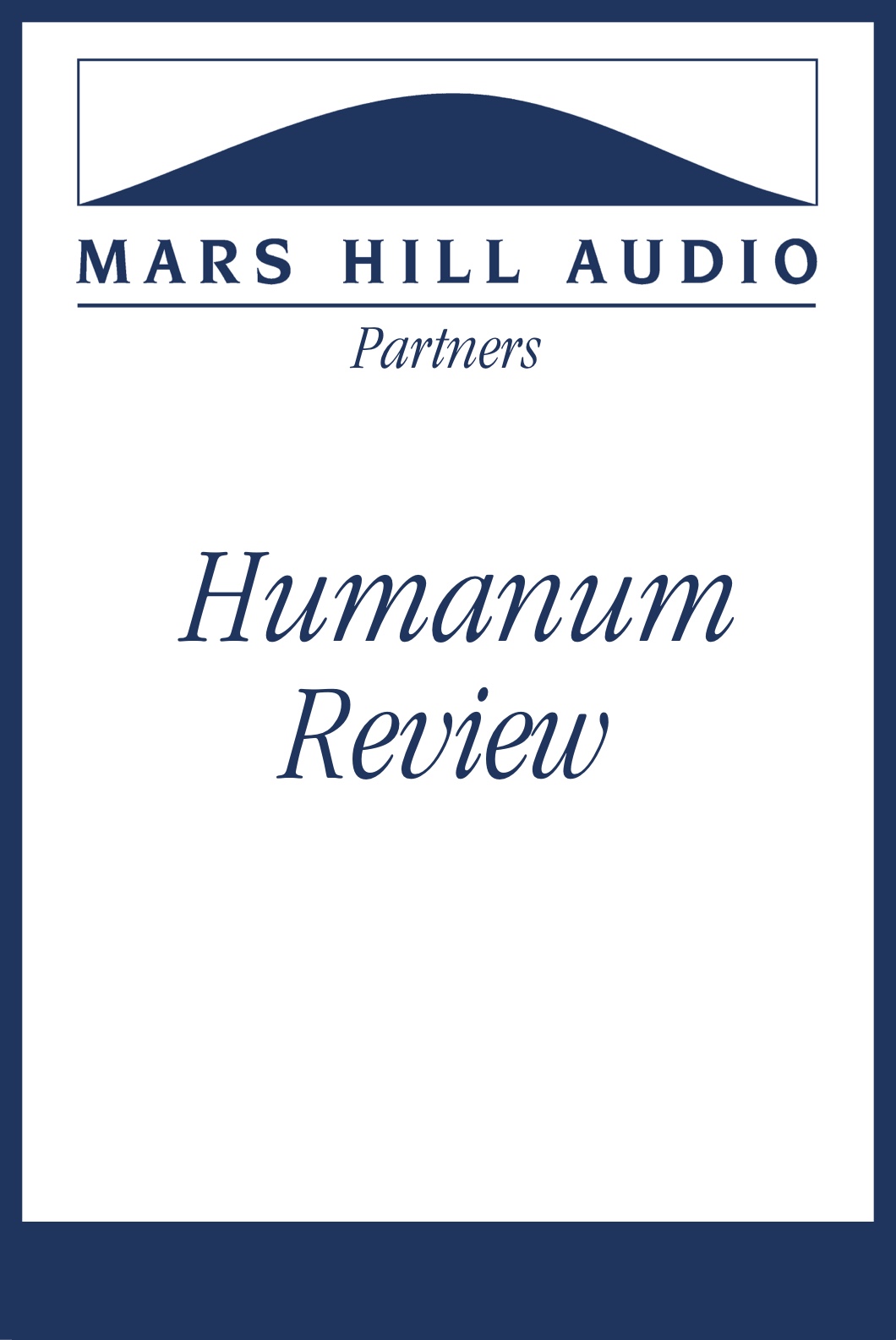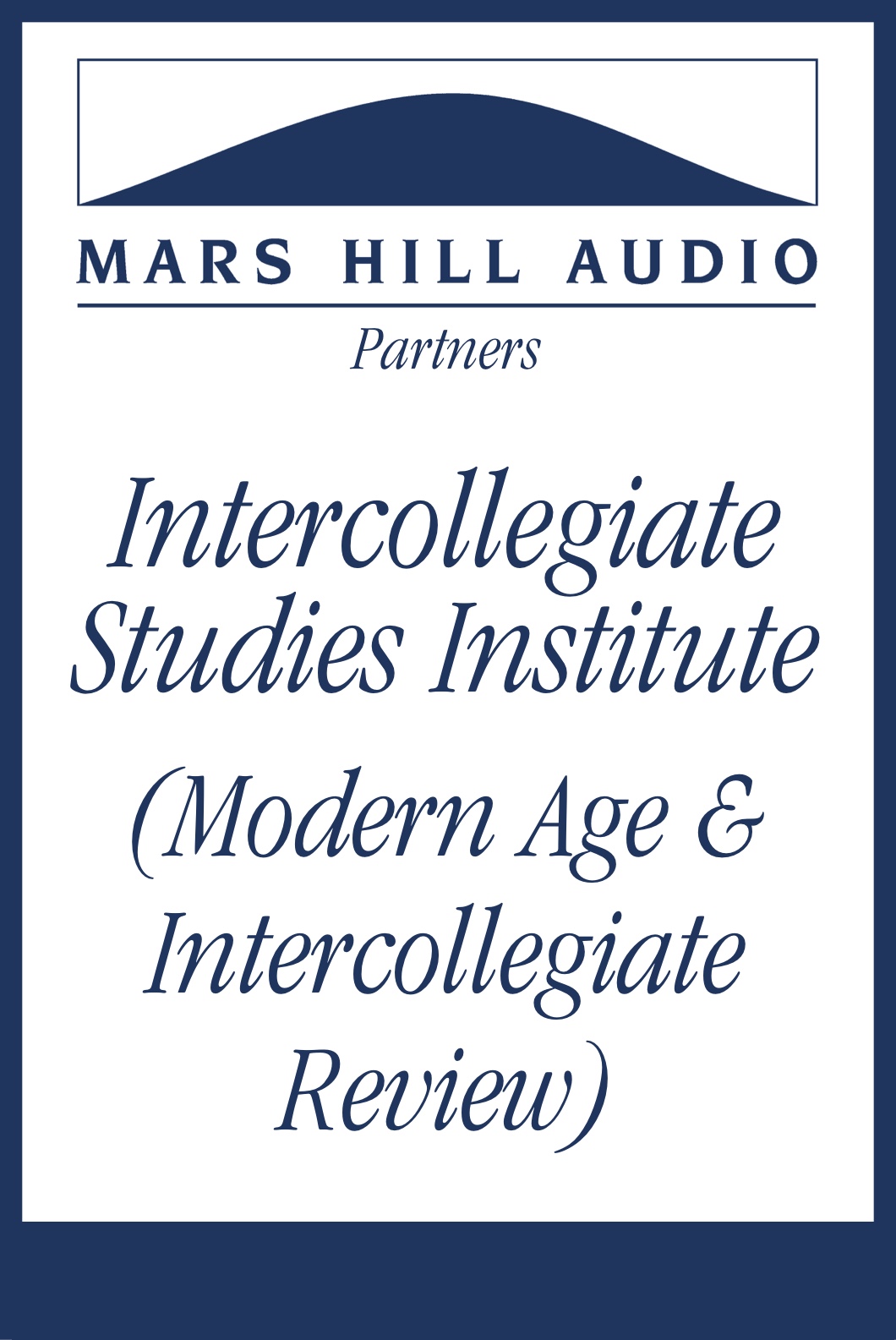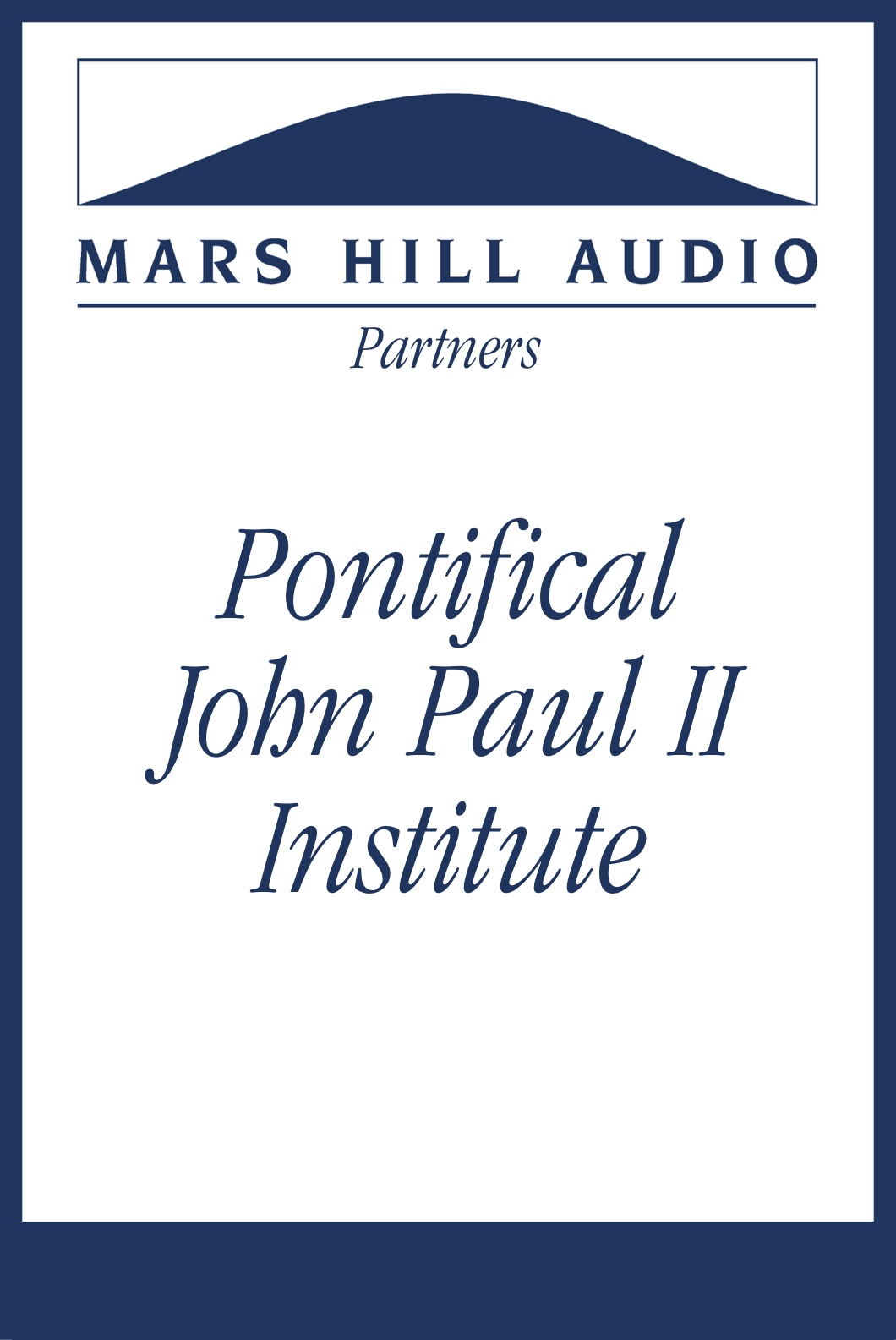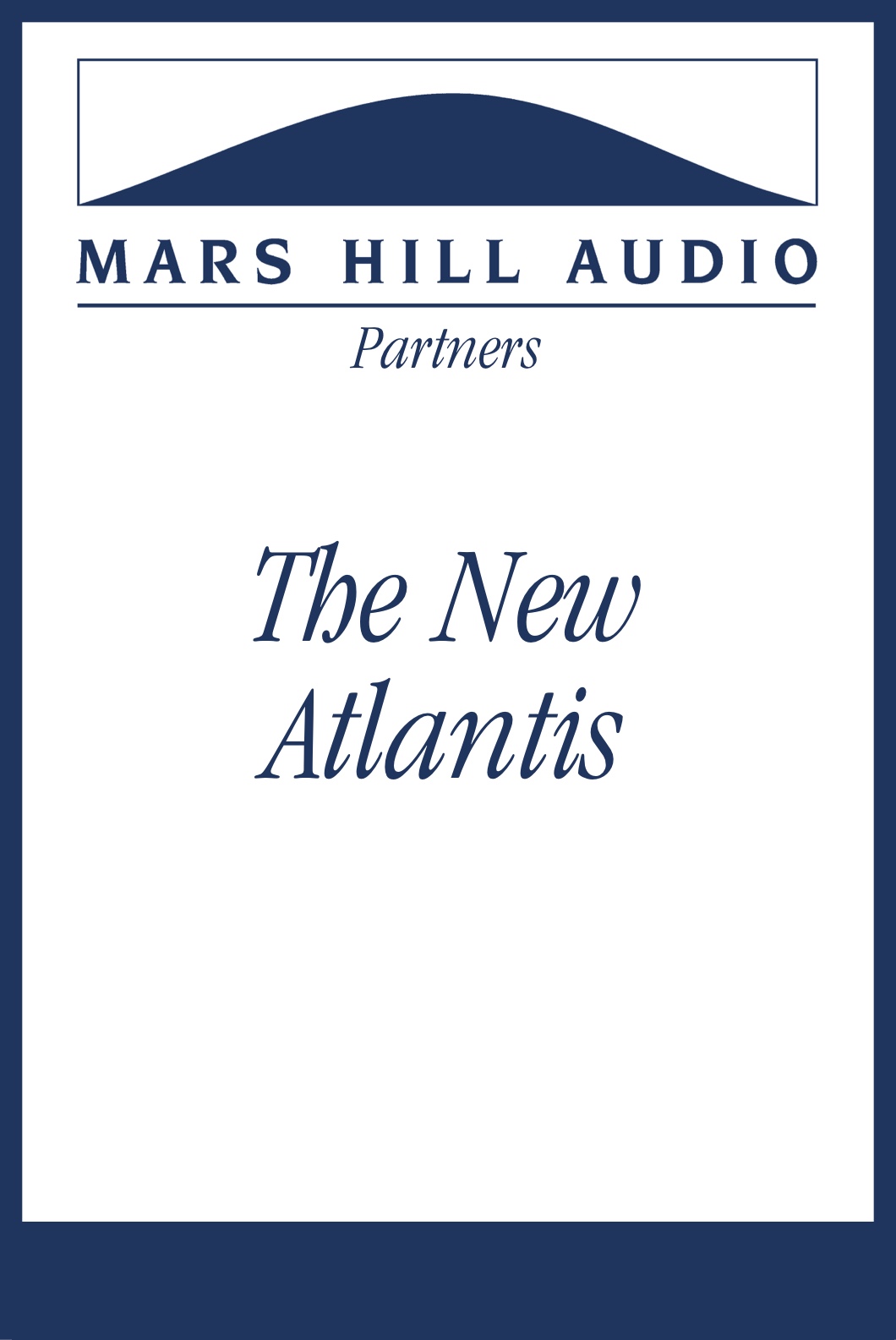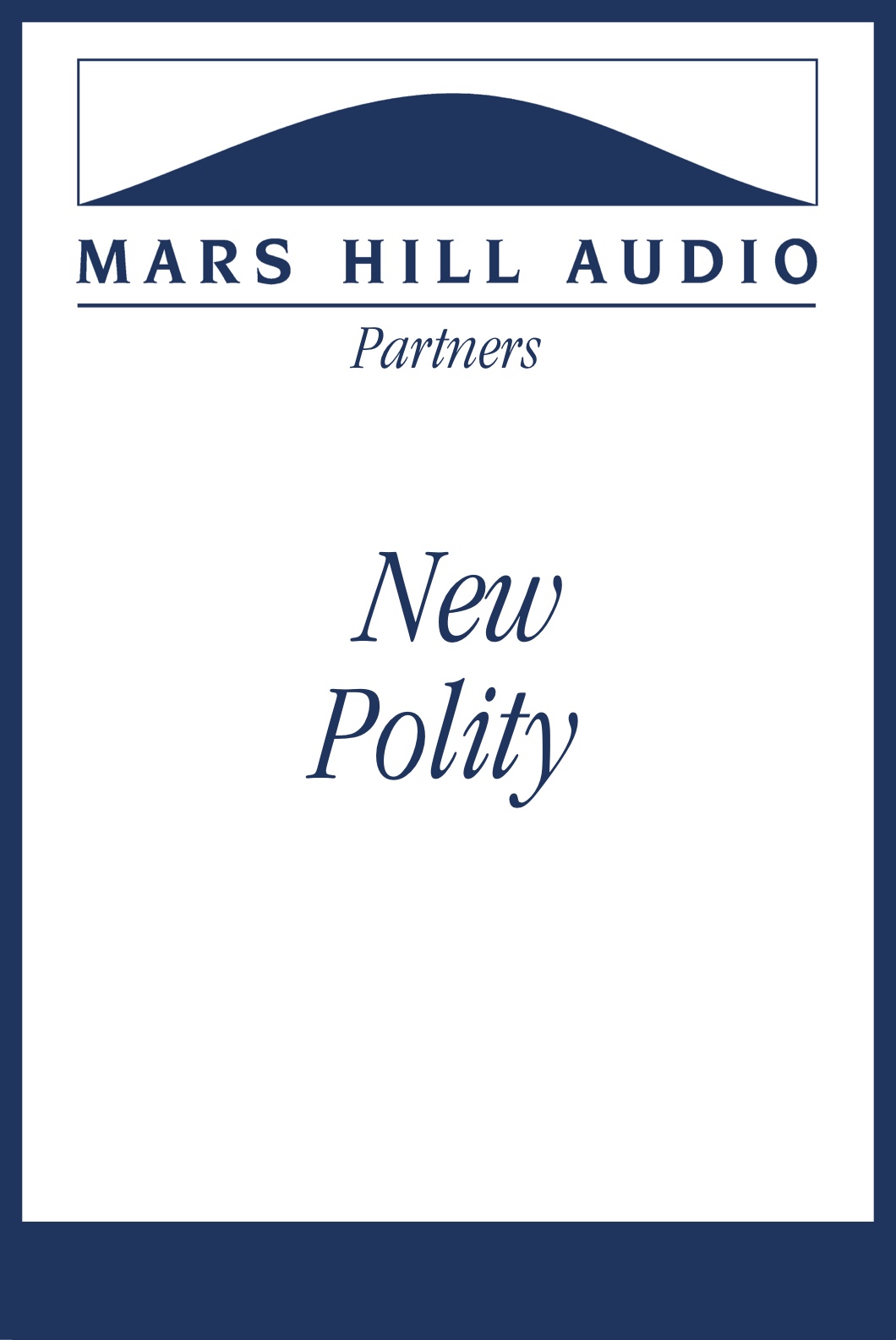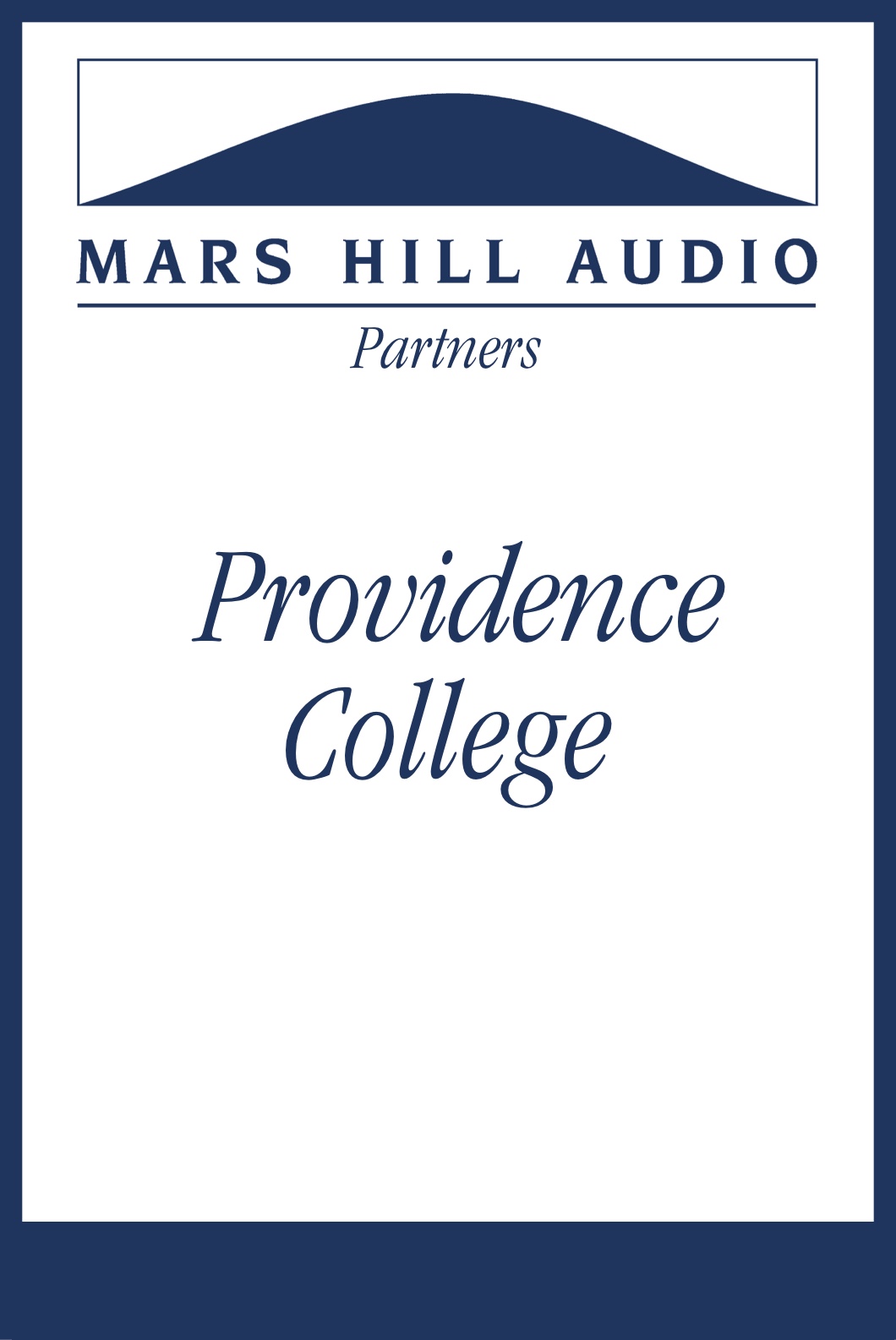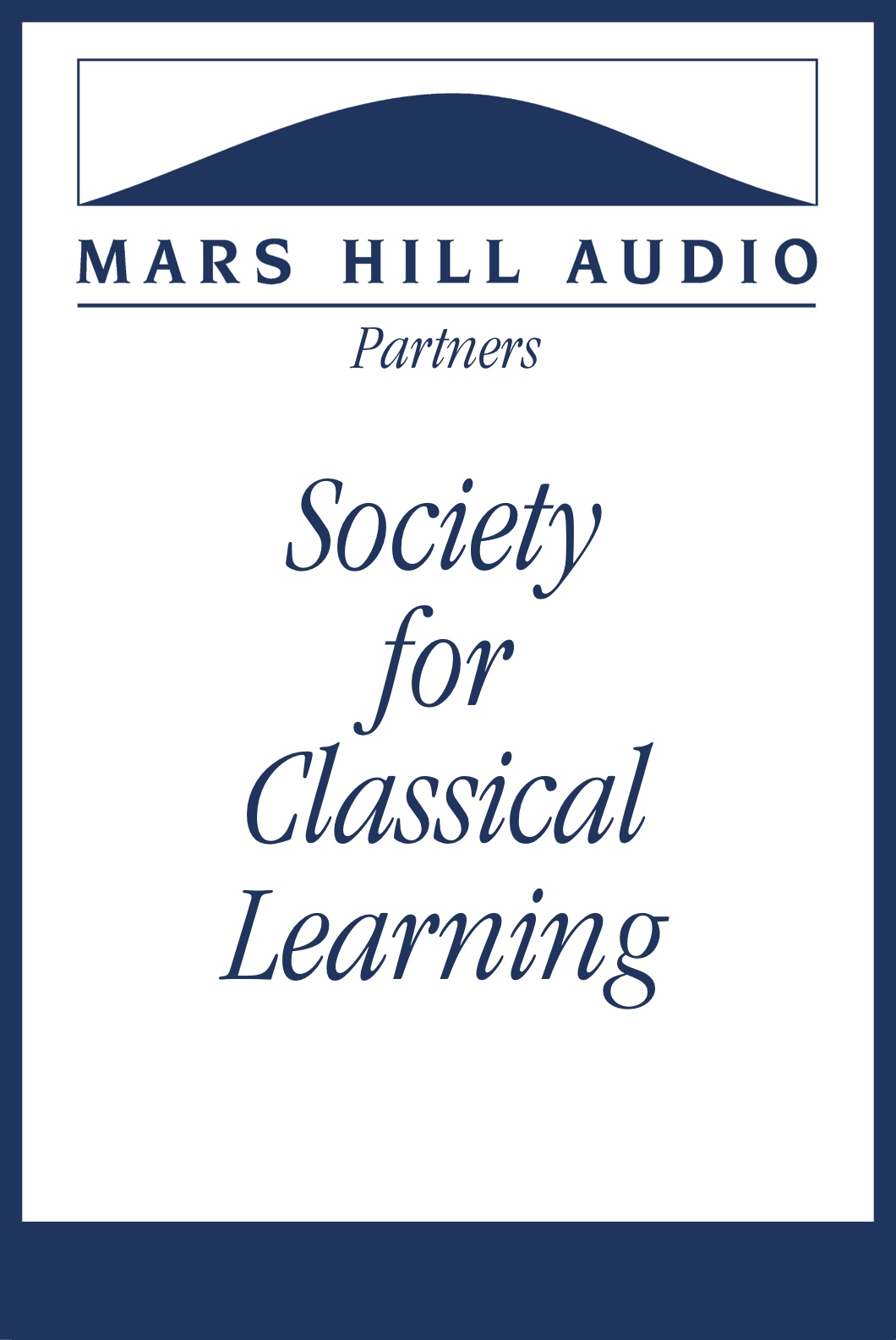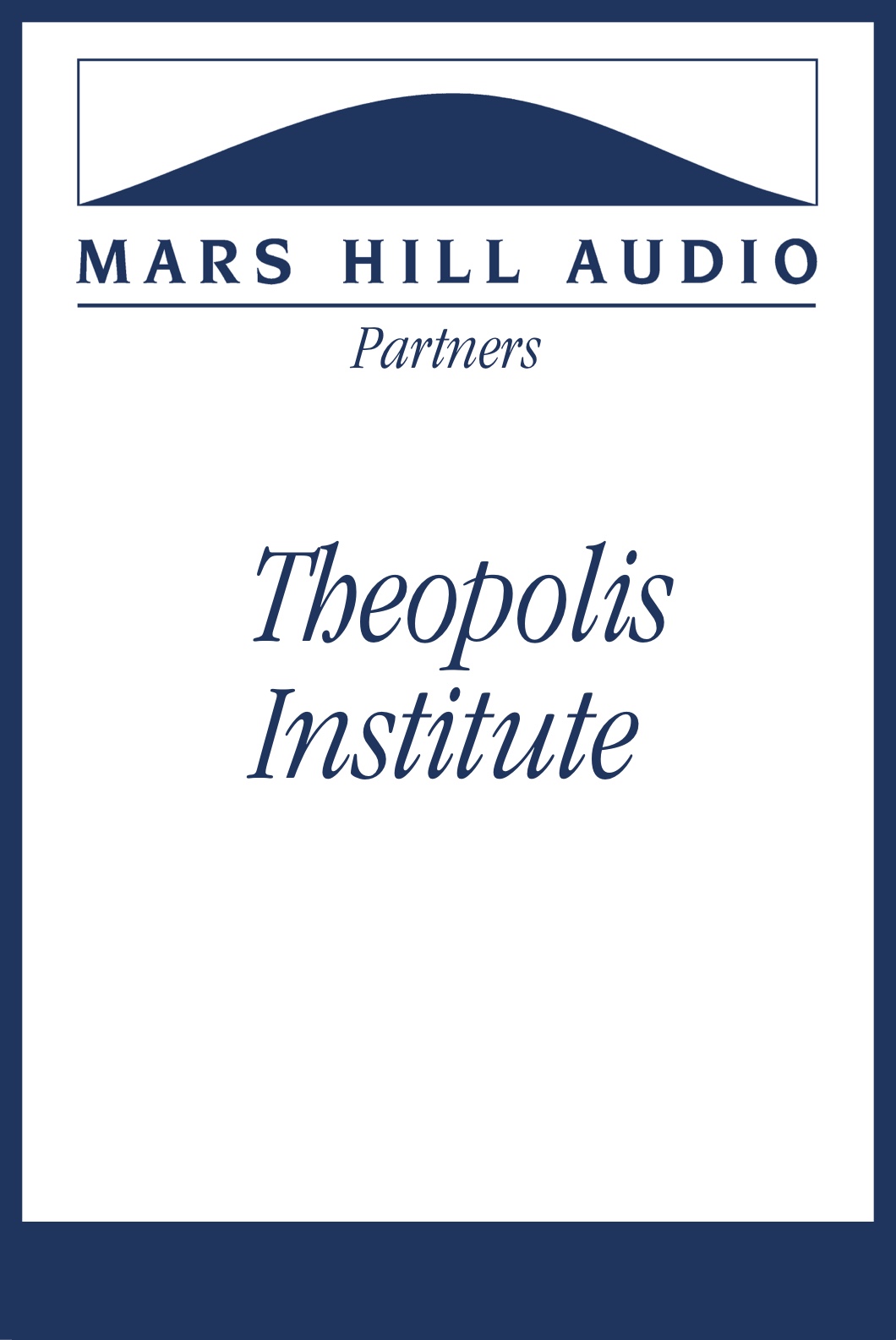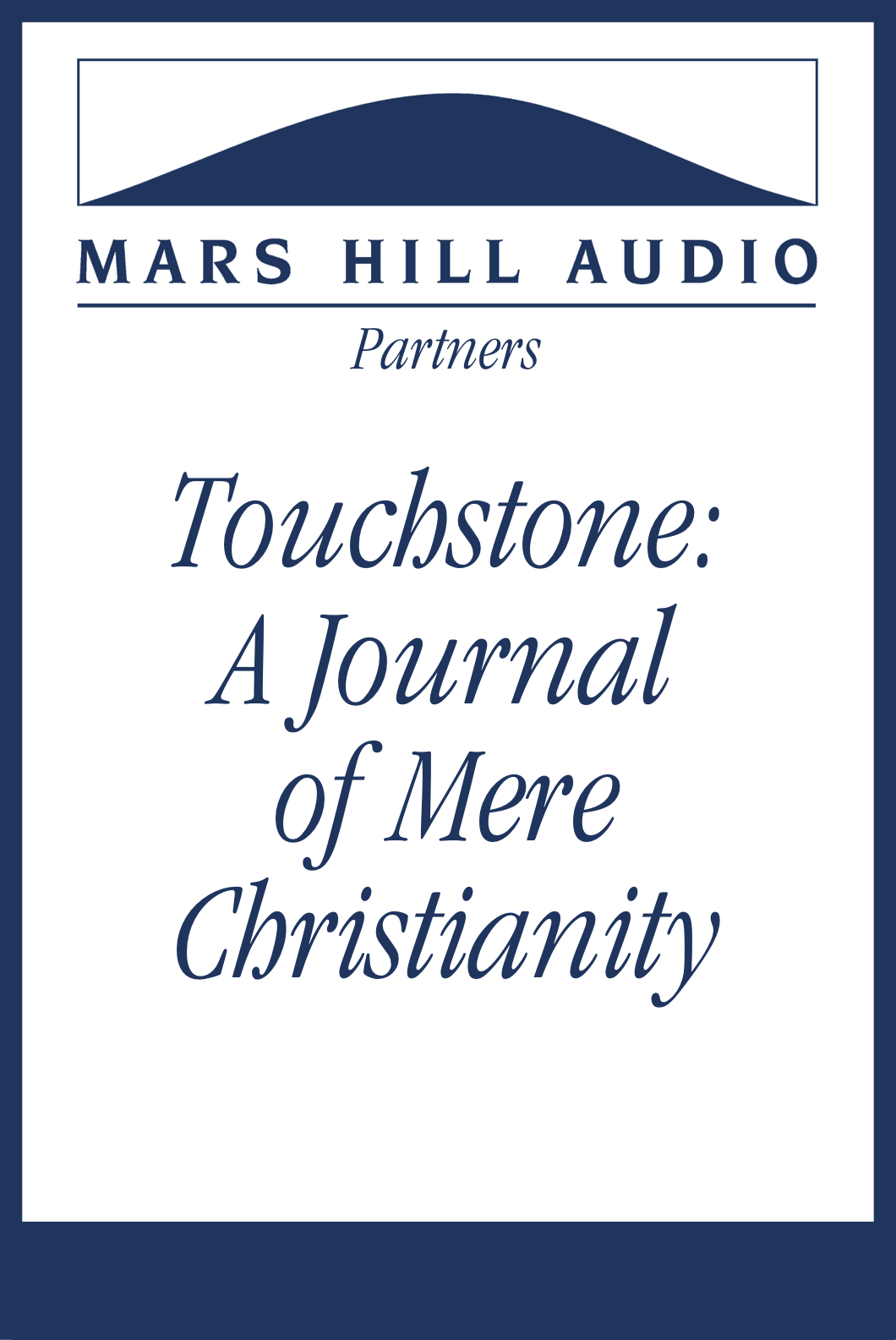Since 1993, a Mission Statement has guided our work: “To produce creative audio resources that encourage Christians to grow in obedient wisdom concerning the cultural consequences of our duty to love God and neighbor.” In launching our partnership program in 2024, we amend produce with the verb provide. We have expanded how we pursue our mission by serving a curatorial and custodial role beyond the scope of the recordings that originate in our studio. The Partners listed below have shared recordings of lectures or texts read as “audio reprints.”
Click here to see a comprehensive list
of all Features provided by all of our Partners
Anselm House
Anselm House staff combine Christian faith with academic training to develop both the moral and intellectual character of the community — and the individuals in it, through connected community, Christian formation, shared learning, and deep inquiry.
The Carl F. H. Henry Center for Theological Understanding
The Henry Center utilizes classically-informed thought to address modern theological questions. Its mission is to promote Christian wisdom and understanding for the glory of God in all areas of life and thought.
The Center for Christian Study
The mission of the Center for Christian Study is to provide opportunities and resources for corporate and individual investigation of the truths of the historic Christian faith in response to the questions raised by contemporary society.
CiRCE Institute
“CIRCE” is an acronym for “Center for Independent Research on Classical Education.” A secondary acronym is “Consulting and Integrated Resources for Classical Educators.”
Communio
Communio was founded in 1972 by Hans Urs von Balthasar, Henri de Lubac, and Joseph Ratzinger. It stands for the renewal of theology in continuity with the living Christian tradition, the continuing dialogue of all believers, past and present, “as if all were simultaneously in the circle.”
Eliot Society
The Eliot Society is a nonprofit based in Annapolis, MD, that exists to enrich the church and foster spiritual formation through the arts.
First Things
First Things publishes in-depth, grounded commentary on the pressing issues of the day. Writers and readers of First Things include scholars, engaged citizens, and government, business, and church leaders.
Front Porch Republic
Front Porch Republic aims to bring together thoughtful men and women across America to promote human-scale institutions and the rebirth of community.
The Hedgehog Review
The Hedgehog Review offers critical reflections on contemporary culture: how we shape it, and how it shapes us.
Humanum Review
Humanum is a journal about the human: what makes us human, what keeps us human, and what does not.
Intercollegiate Studies Institute
The Intercollegiate Studies Institute (ISI) is a nonprofit educational organization dedicated to fostering traditional liberal education and promoting conservative values among college students.
Pontifical John Paul II Institute for Studies on Marriage and Family
The fundamental aim of the Institute’s curriculum is to develop an intelligent understanding of person, marriage, and family, as integral to a Christian vision of reality.
The New Atlantis
The New Atlantis hopes to help everyone — as citizens, scientists, policymakers, and human beings — to deal more wisely and more creatively with both the burdens and the blessings of modern science and technology.
New Polity
New Polity is a magazine of postliberal thought that aims to investigate and construct a Christian political worldview.
Providence College
Providence College is a Catholic, Dominican, liberal arts institution of higher education and a community committed to academic excellence in pursuit of the truth, growth in virtue, and service of God and neighbor.
Society for Classical Learning
The Society for Classical Learning exists to foster human flourishing by making classical Christian education thrive.
Theopolis Institute
The Theopolis Institute encourages reformation in the church by forming leaders through deep immersion in the Christian Scriptures and vibrant worship and Psalm-singing.
Touchstone: A Journal of Mere Christianity
Touchstone is a Christian journal, conservative in doctrine and eclectic in content, with editors and readers from each of the three great divisions of Christendom—Protestant, Catholic, and Orthodox.
